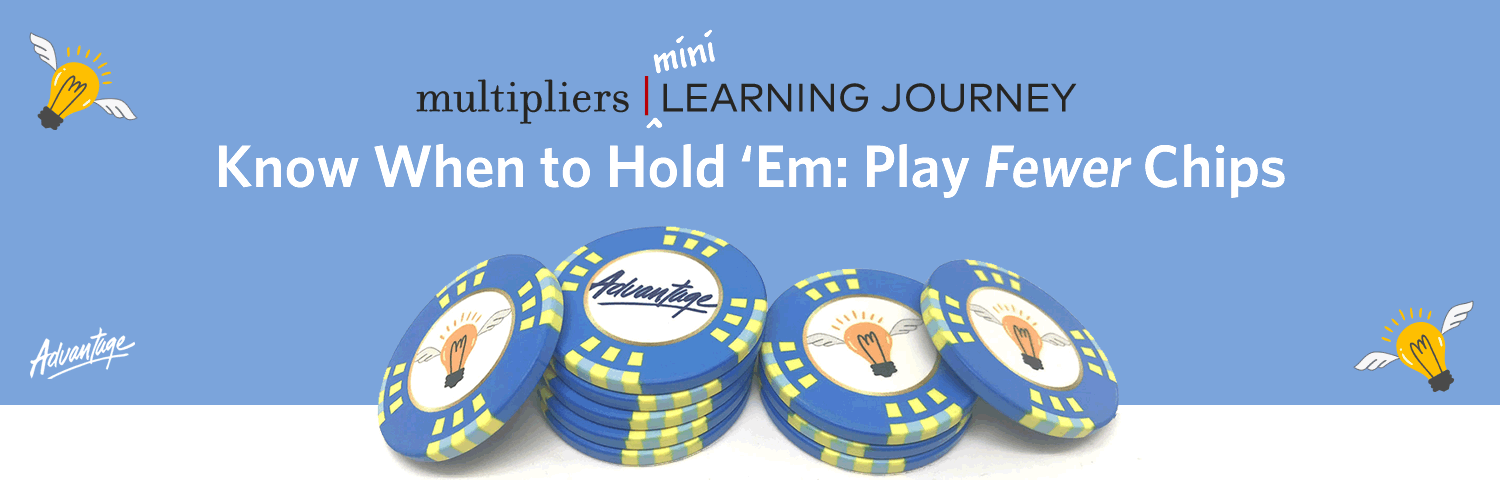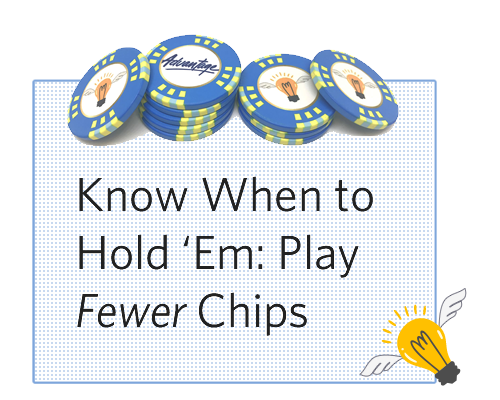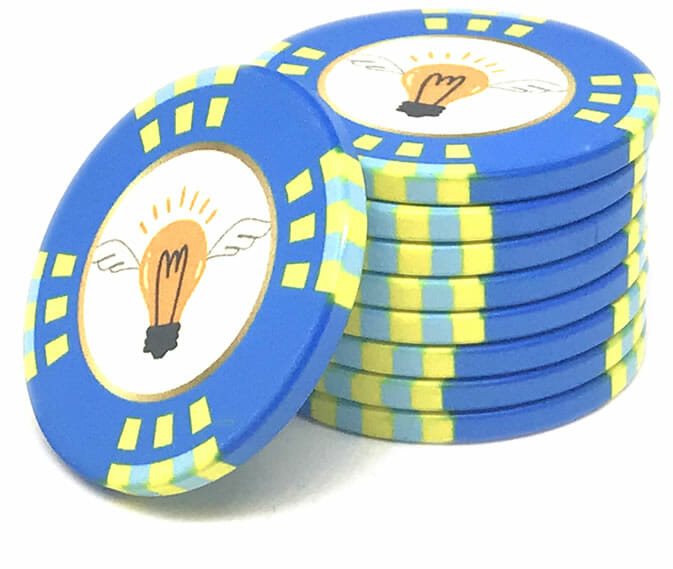
RSVP now to experience a complimentary half-day session of Multipliers this September at venues in Ohio or Wisconsin! Learn more.

"Ray has learned the importance of restraint in leadership. He knows that less is more, and he never wastes an opinion.” ― Liz Wiseman

Here's the final step in your Multipliers mini learning journey!
In her groundbreaking bestseller, Multipliers: How the Best Leaders Make Everyone Smarter, Liz Wiseman identifies two types of Accidental Diminishers who tend to dominate conversations, the Idea Guy and Always On.
In their extreme, these types of Diminishers can suck all of the air out of a room. They often thrive by creating tense, high-pressure environments. Diminishers become tyrants when they suppress people's thinking and capabilities. They often believe that pressure increases performance, and even though they demand people's best thinking, they don't get it because they haven't created an environment where people feel safe to truly express themselves or their ideas.
Multipliers, on the other hand, are Liberators. Their underlying assumption is: People's best thinking must be given, not taken.
"A manager may be able to insist on certain levels of productivity and output, but someone's full effort, including their truly discretionary effort, must be given voluntarily," Wiseman says. "This changes the leader's role profoundly. Instead of demanding the best work directly, they create an environment where it not only can be offered, but where it is deeply needed. Because the environment naturally requires it, a person freely bestows their best thinking and work."
Becoming a Liberator
Wiseman suggests several starting points for becoming a Liberator.
If you want to create more room for others to contribute, especially if you are prone to dominating discussions, you might consider a good game of poker chips. Try giving yourself a budget of poker chips for a meeting, each worth a number of seconds of talk time.
Limiting your contribution in a meeting to only the number of chips or time you have available helps create abundant space for others and increases your credibility and presence as a leader.
Know when to hold 'em: Play fewer chips
Use this exercise to practice identifying moments when it's OK to "go big" and give voice to what's on your mind (play), or when it's best to "go small" and remain silent (hold).
